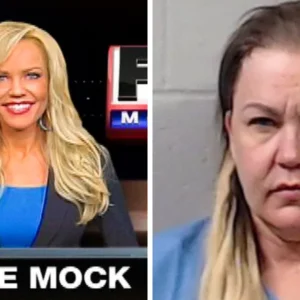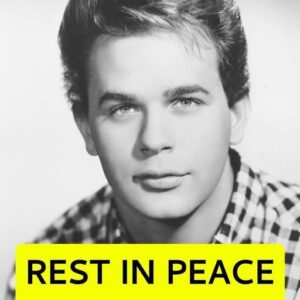Late-night television has been thrust into fresh controversy after remarks
made by Jimmy Kimmel about the tragic death of Charlie Kirk drew
scrutiny from federal regulators. On his show, Kimmel suggested
that the suspect in the case was aligned with a political movement,
a claim that was later disputed by authorities. The comments
quickly sparked backlash online and prompted questions about media responsibility in reporting sensitive events.
According to officials, the suspect, 22-year-old Tyler Robinson,
faces serious charges in connection with the incident at Utah Valley University.
Investigators have stated that Robinson held political views different
from those initially described in Kimmel’s remarks. The clarification
has fueled debate over accuracy in televised commentary, particularly when discussing ongoing investigations.
Federal Communications Commission Chairman Brendan Carr addressed the
matter during an interview, noting that his office is reviewing concerns
about how such remarks are handled by broadcasters. While Carr did
not announce any formal action, he explained that networks are
obligated to balance creative expression with accuracy and fairness.
The possibility of a review, he said, reflects the broader importance of public trust in media.
The situation has already drawn wider attention in the broadcasting industry,
with syndicators and advertisers expressing concern about audience reactions.
Media experts emphasize that the case illustrates the challenges
faced by networks in navigating satire, political commentary, and sensitive news.
As discussions continue, the focus remains on whether a balance
can be struck between free expression and responsible reporting in a rapidly polarized media environment.





